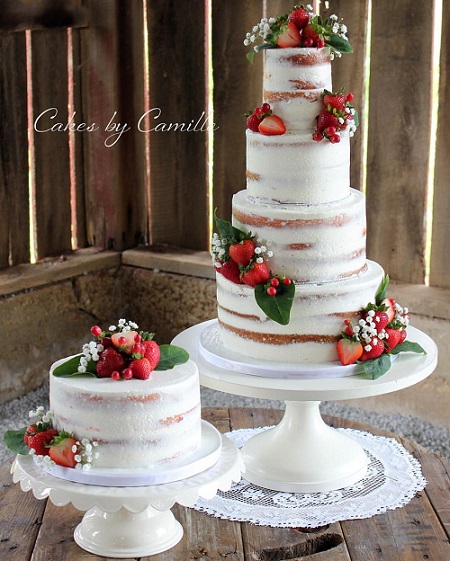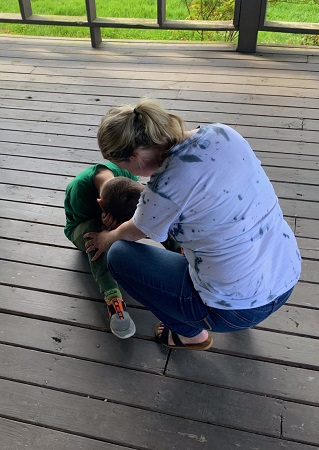Kick Myself
 I hate to lose anything. When that happens, I could just kick myself.
I hate to lose anything. When that happens, I could just kick myself.
My dad often quoted the proverbial “a place for everything and everything in its place.” That does make life easier. However, things occasionally get misplaced.
Kick myself means I get upset or angry about something I did or failed to do.
- I’m frustrated.
- I scold myself, either aloud or in my mind.
- I’m disappointed by my actions or inactions.
It also means to regret my behavior or failure.
Examples include when:
- I miss an opportunity to help others.
- My words or actions hurt anyone.
- I forget an important occasion.
Rather than kick myself, I need to correct what I did.
I want to:
- Search for what I lost.
- Take advantage of future opportunities.
- Use my words and actions to help rather than hurt.
- Apologize for misdeeds.
No one is perfect.
As long as I am alive and kicking, I will make mistakes.
God offers a better way than to kick myself.
When I fail to follow God’s perfect way, confession is good for the soul. God extends forgiveness and the opportunity for a fresh start when I come clean.
God offers that same opportunity to you.
“‘I turned away from God, but I was sorry afterwards. I kicked myself for my stupidity. I was thoroughly ashamed of all I did in younger days.’ And the Lord replies: Ephraim is still my son, my darling child. I had to punish him, but I still love him. I long for him and surely will have mercy on him.’” (Jeremiah 31:19-20 TLB).
Thanks to Laura Lee Leathers for the suggestion and to Katherine Bonds for the photo.
Do you have an expression you want explained or a thought about this one? If so, please comment below.
Subscribe to receive my weekly posts by email and receive a free copy of “Words of Hope for Days that Hurt.”
If you enjoyed this post, please share it with your friends.








 “Tell me the truth. You will feel better if you do. Confession is good for the soul.”
“Tell me the truth. You will feel better if you do. Confession is good for the soul.”